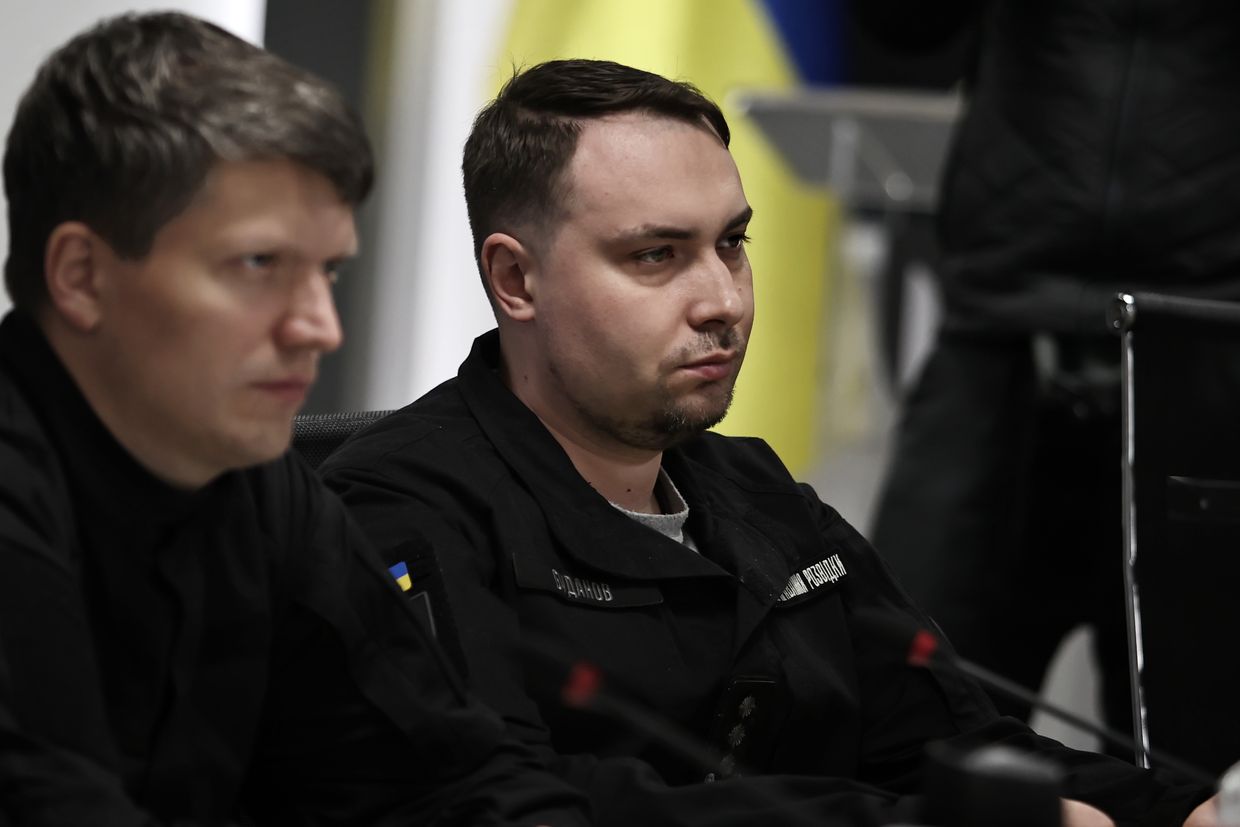Putin arrives in China for regional security summit hosted by Xi Jinping

Russian President Vladimir Putin arrived in the northern Chinese port city of Tianjin on Aug. 31 to attend a major regional security summit, Chinese and Russian state media reported. The four-day visit, a rare trip abroad for Putin, underscores Beijing and Moscow’s efforts to counter Western influence in global affairs.
Footage from Russia’s TASS news agency showed Putin stepping onto a red carpet and being welcomed on the tarmac by senior city officials. Chinese state broadcaster CCTV described China-Russia relations as at their "best in history," calling them "the most stable, mature and strategically significant among major countries."
China has become a crucial economic lifeline for Russia during its war against Ukraine, while Kyiv has grown more vocal in accusing Beijing of directly supporting Moscow’s war effort.
Chinese President Xi Jinping will host about 20 world leaders at the two-day Shanghai Cooperation Organisation (SCO) summit, including Indian Prime Minister Narendra Modi.
The SCO, founded in 2001 by six Eurasian nations, has since expanded to 10 permanent members along with 16 observer and dialogue partners. Its scope has broadened from security and counter-terrorism to include economic and military cooperation.
Xi is expected to use the gathering to promote a vision of a post-U.S.-led international order, while providing a diplomatic boost to Russia as it faces isolation and sweeping sanctions over its invasion of Ukraine.
Ahead of the trip, Putin told China’s Xinhua news agency that Moscow and Beijing oppose "discriminatory" sanctions in global trade. Russia’s economy remains under heavy strain from Western restrictions and the costs of its war in Ukraine, with economists warning of a looming recession.
Leaders from across Central Asia, the Middle East, South Asia, and Southeast Asia are also set to attend the summit. Beijing has billed the event as a show of solidarity among the "Global South," seeking to highlight cooperation between developing and lower-income nations.











